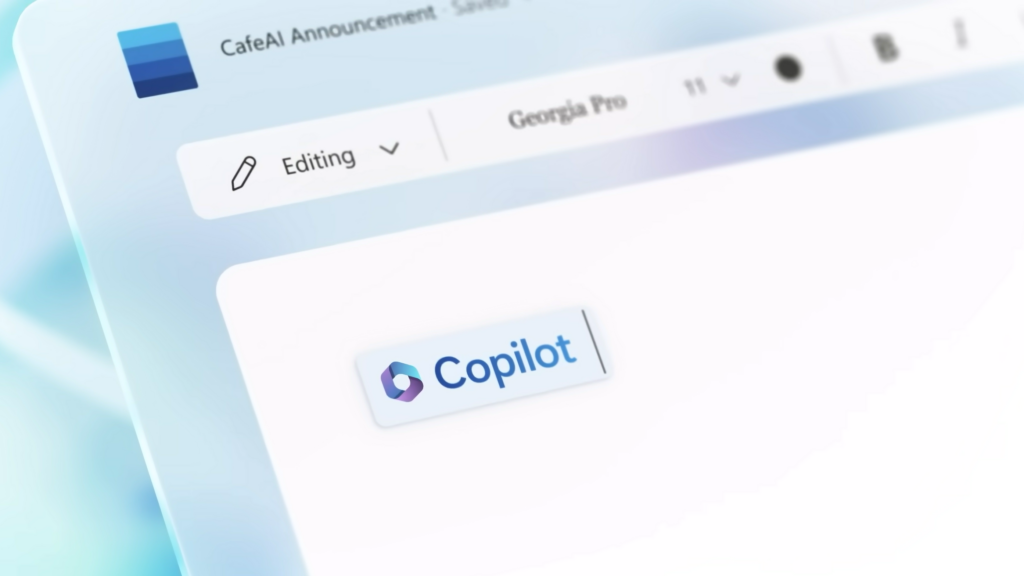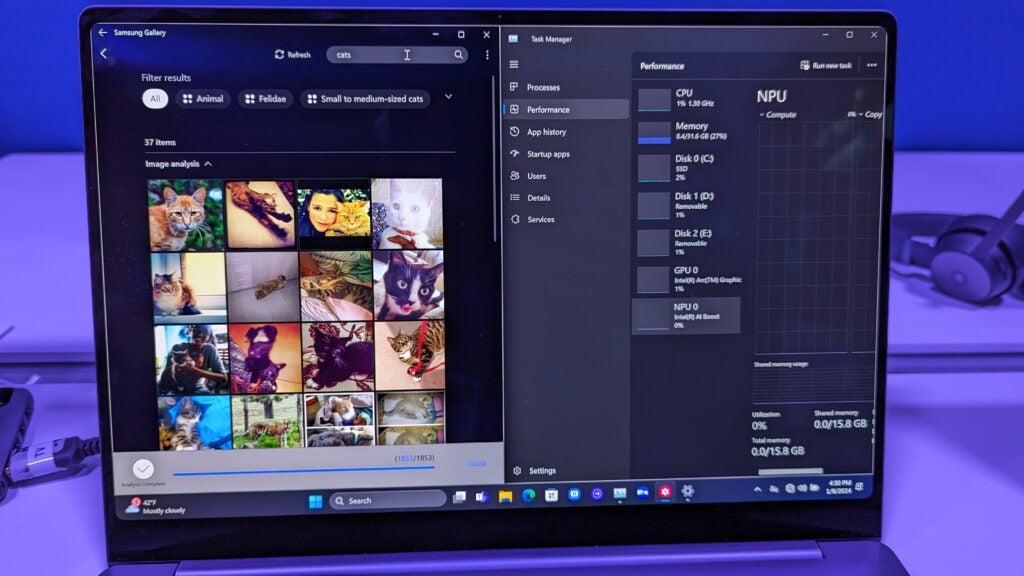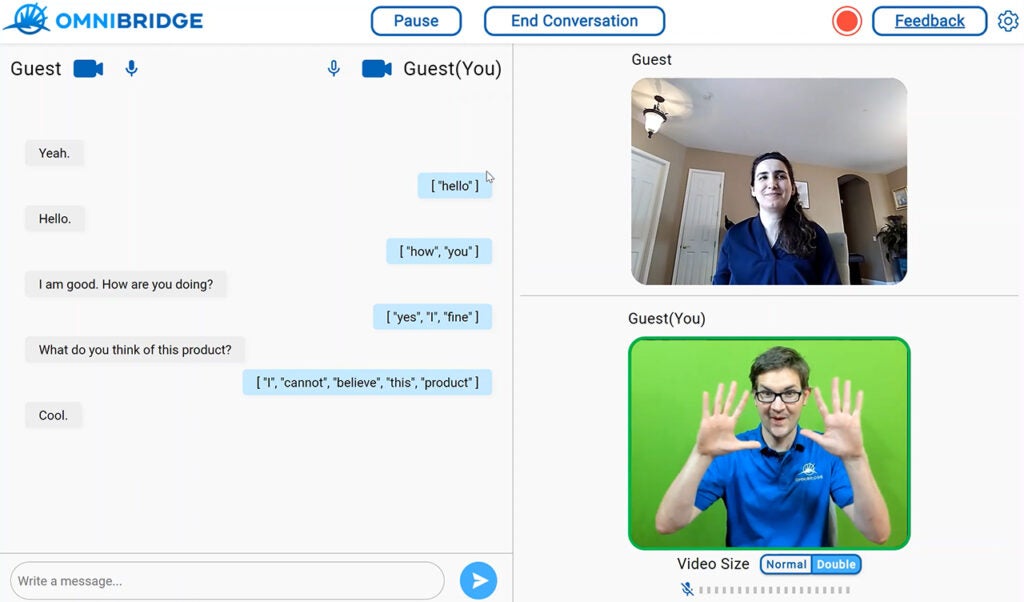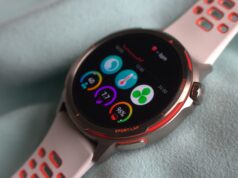OPINION: CES 2024 is one of the biggest technology trade shows of the year, and so far, it’s been dominated by talk of AI.
This is especially true for the PC market, especially following the recent release of the Intel Core Ultra and AMD Ryzen 8000 processor series, both of which have onboard NPUs to ensure the power of AI is baked into the PC’s chip rather than being supplied via the cloud.
Intel spent the vast majority of its CES news conference discussing the future of AI and it will revolutionise the laptop industry. In Intel’s words, AI allows your PC to do things that it couldn’t do before.
It would be silly to disagree with such claims. There’s no doubt that AI will have a huge impact, potentially becoming even more important than raw processing speeds in the very near future.
But while all the major PC companies have spent so much time hyping up hardware-level AI during CES, I’m not convinced that there have been enough examples of its use case to excite the average PC user.

Microsoft Copilot is the most obvious example, with most laptop manufacturers now including a physical key shortcut to the new AI-powered app. Copilot is an AI-powered feature pre-installed on new Windows laptops, acting as a chatbot that can answer queries, provide step-by-step instructions to help fix an issue or even generate a custom image. It’s certainly an impressive feature, but I’m not convinced that it’s more useful than a search engine such as Google, or simply hopping into your Settings menu.
I personally find Microsoft’s Studio Effects more useful, which leverages AI to help blur your background and eliminate background noise during a video call. These are the kind of features that can make a big difference to your day-to-day life, but again, I doubt they’re enough to make people rush out to the store to buy a new laptop.
To the credit of all the major laptop manufacturers, I have seen various different implementations of AI already. One of my favourites is from Samsung’s newest Galaxy Book laptop, which allows you to search your image gallery via AI. For example, the Galaxy Book is able to locate all of your saved images that feature the likes of a cat or a tractor, making it incredibly easier to locate your own files without having to manually label them beforehand. But would that AI-powered feature persuade me to pick Samsung’s Galaxy Book over a MacBook? Probably not.

This is my problem with AI so far. Many tech companies have already proven that AI will make several quality of life improvements to productivity work, but I’m yet to see a feature that will get the average PC user excited. AI needs a killer app.
OmniBridge may well prove to be that killer app for many people. This is an Intel-powered application that leverages AI to translate sign language to text. Intel used a real-time demonstration of the application during the CES conference. It took the laptop a matter of seconds to recognise the sign language of a deaf user, and then for the translated text to pop up on the laptop screen. This AI feature can change lives.

This is the kind of innovation that AI needs in order to reach its full potential. If the average PC user is going to get excited about AI, then the technology needs to open the door to new possibilities that weren’t previously possible – merely adding quality of life improvements to existing functionality isn’t quite enough for the AI revolution to gain traction.
However, it’s important to remember that it’s still early days for AI-powered laptops. It’s only been a matter of months since AMD and Intel first launched processors with substantial AI performance baked into the chip, and only now are we seeing a steady stream of laptops supporting the technology. Just a year ago, this hardware wasn’t accessible, so there’s no wonder that there’s currently a dearth of software that makes full use out of AI.
I’m hoping to see far more innovative AI software launch in 2024 and beyond. Until then, I’m going to struggle to get excited about the so-called AI revolution in the laptop space. The technology is clearly impressive, but I need more real-world use cases before I’m convinced into buying an AI-powered laptop.










